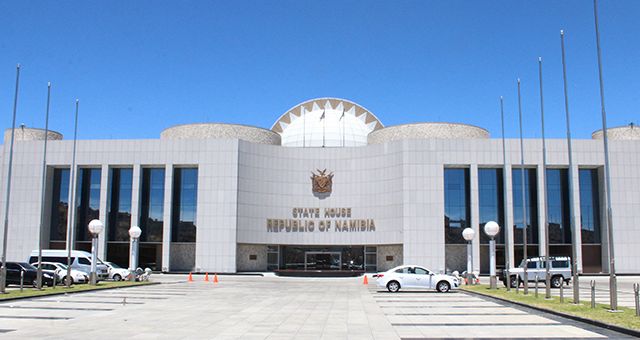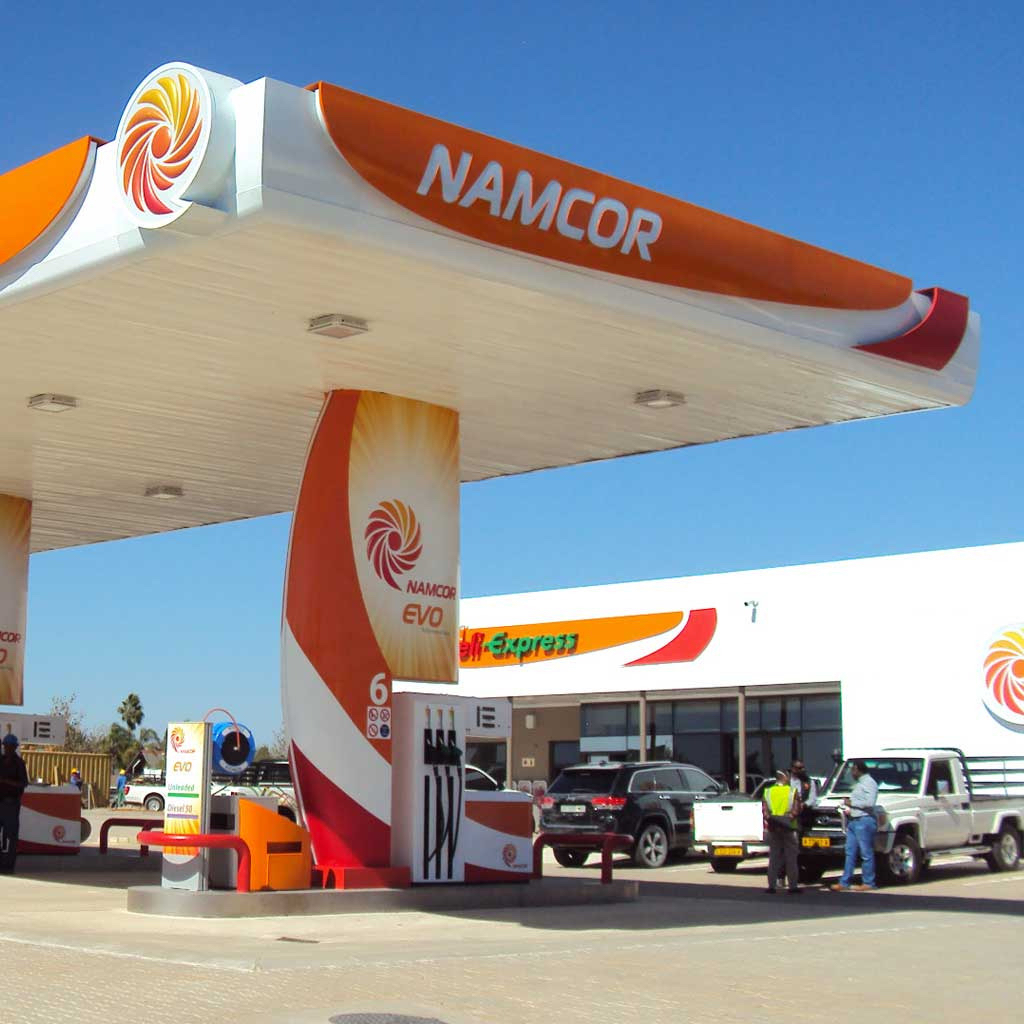THE Disability Economic Empowerment Project (DEEP), established at Oshakati in November 2007, is helping disabled people in the town’s informal settlements.
According to volunteer Rukshan Mehta from the University of Toronto in Canada, DEEP is a project initiated and operated by six disabled people trying to create a niche of their own in a world where they often face stigma and discrimination. The project was initiated with assistance from the Ministry of Health and Social Services, the National Federation of People with Disabilities in Namibia and the French Government.It is the brainchild of a group of people from varied backgrounds, who have come together to empower and enlighten a community often indifferent to the plight of those with disabilities.Mehta says DEEP sells and repairs second-hand bicycles donated and subsidised through the Bicycle Empowerment Network (BEN) and Bicycles for Humanity in Ontario, Canada.It has now been operating in the community of Oneshila for the past six months, where its mechanics and administrators provide affordable transport alternatives to everyone.She said the fact that the project is located in a community dominated by informal settlements is perhaps its greatest accomplishment.”People with disabilities have been suppressed for generations, but together the community of Oneshila and DEEP have worked to uplift and encourage these six individuals to strive to reach their potential and earn a living.”The relationship between DEEP and the community is symbiotic, as the project provides mechanical, technical and sales services related to bicycles for a very reasonable cost, to ensure the successful and continuous development and functioning of a community that is beleaguered by poverty,” Mehta says.She says the project has managed to educate and enlighten the people of Oneshila about the true abilities and capacity of people with disabilities.”Their hard work and dedication has earned them a level of trust from members of the neighbourhood.At a larger level, they serve as ambassadors for people with disabilities across the country, as they have started and maintained a successful business, with very limited resources.”DEEP also provides subsidised bicycles to community-based rehabilitation (CBR) volunteers, who work in rural and remote areas of Namibia to reach vulnerable individuals who lack access to resources.By providing an affordable source of transport, DEEP ensures that CBR volunteers can continue their work without being hindered by high transport costs.At present, the project is operating out of a shipping container that came with the first shipment of bicycles.Mehta says the facility lacks running water, electricity, toilets and office space and the project members hope to get their own building soon with donor assistance.They want to begin a welding service, fax and photocopy service and a training facility for people with disabilities.DEEP can be contacted at 081 293 5163.Its bicycle prices range from N$250 to N$400, and the project offers spare parts and repairs too.The project was initiated with assistance from the Ministry of Health and Social Services, the National Federation of People with Disabilities in Namibia and the French Government.It is the brainchild of a group of people from varied backgrounds, who have come together to empower and enlighten a community often indifferent to the plight of those with disabilities.Mehta says DEEP sells and repairs second-hand bicycles donated and subsidised through the Bicycle Empowerment Network (BEN) and Bicycles for Humanity in Ontario, Canada.It has now been operating in the community of Oneshila for the past six months, where its mechanics and administrators provide affordable transport alternatives to everyone.She said the fact that the project is located in a community dominated by informal settlements is perhaps its greatest accomplishment.”People with disabilities have been suppressed for generations, but together the community of Oneshila and DEEP have worked to uplift and encourage these six individuals to strive to reach their potential and earn a living.”The relationship between DEEP and the community is symbiotic, as the project provides mechanical, technical and sales services related to bicycles for a very reasonable cost, to ensure the successful and continuous development and functioning of a community that is beleaguered by poverty,” Mehta says.She says the project has managed to educate and enlighten the people of Oneshila about the true abilities and capacity of people with disabilities.”Their hard work and dedication has earned them a level of trust from members of the neighbourhood.At a larger level, they serve as ambassadors for people with disabilities across the country, as they have started and maintained a successful business, with very limited resources.”DEEP also provides subsidised bicycles to community-based rehabilitation (CBR) volunteers, who work in rural and remote areas of Namibia to reach vulnerable individuals who lack access to resources.By providing an affordable source of transport, DEEP ensures that CBR volunteers can continue their work without being hindered by high transport costs.At present, the project is operating out of a shipping container that came with the first shipment of bicycles.Mehta says the facility lacks running water, electricity, toilets and office space and the project members hope to get their own building soon with donor assistance.They want to begin a welding service, fax and photocopy service and a training facility for people with disabilities.DEEP can be contacted at 081 293 5163.Its bicycle prices range from N$250 to N$400, and the project offers spare parts and repairs too.
Stay informed with The Namibian – your source for credible journalism. Get in-depth reporting and opinions for
only N$85 a month. Invest in journalism, invest in democracy –
Subscribe Now!










